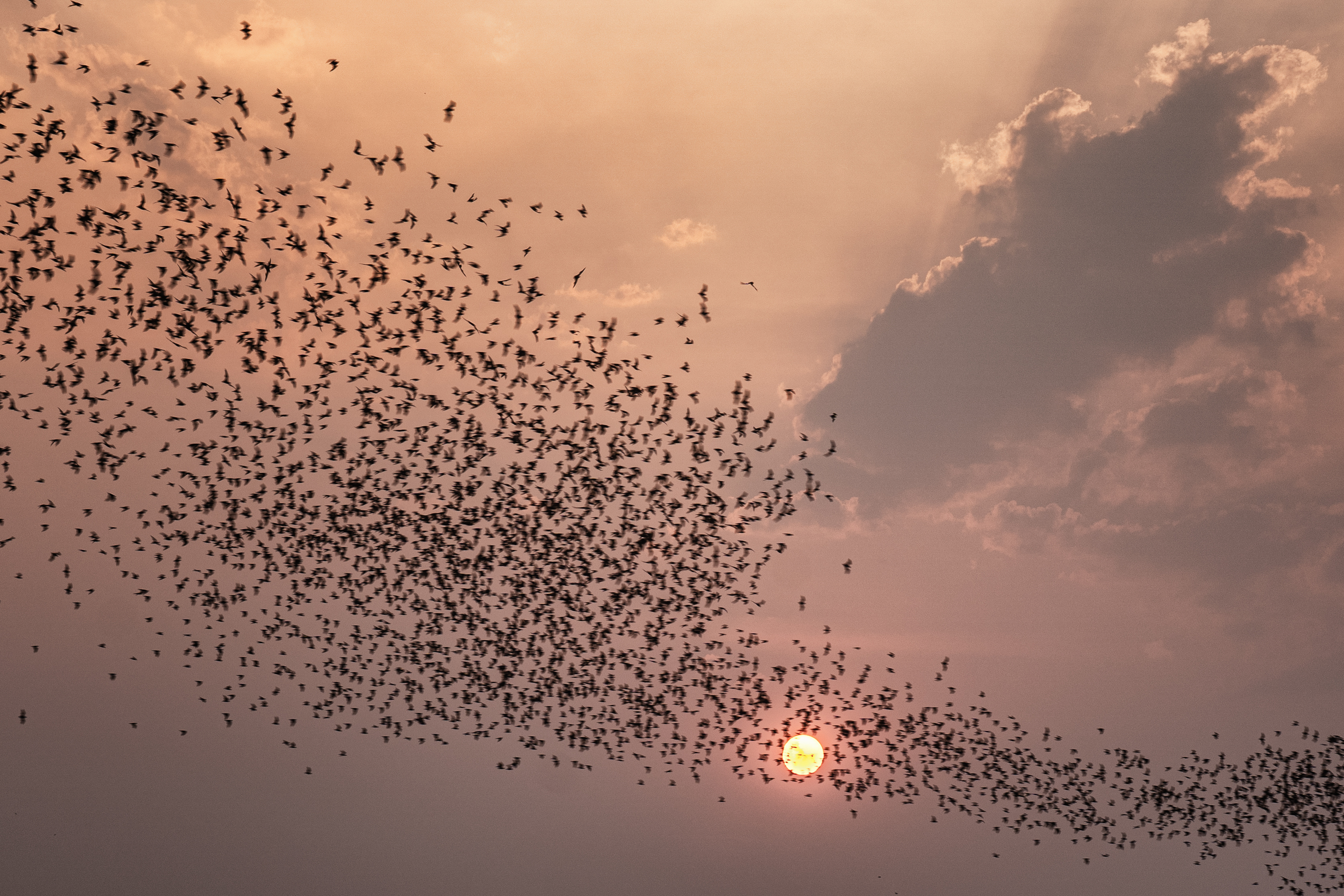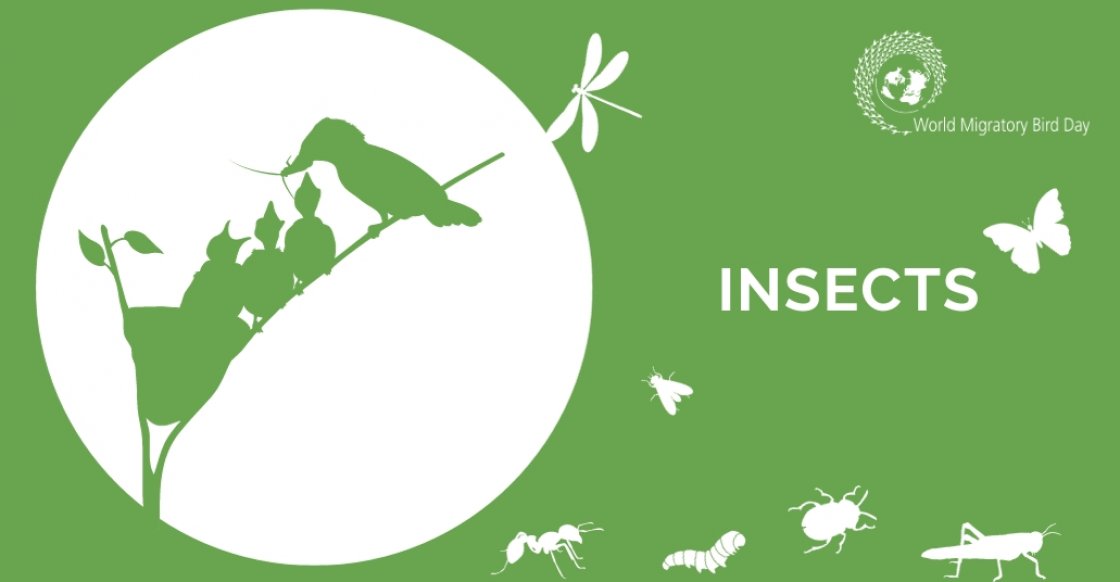Unraveling Cambodia's biodiversity tapestry
Université de Liège's research team on a common expedition with Institut Pasteur du Cambodge
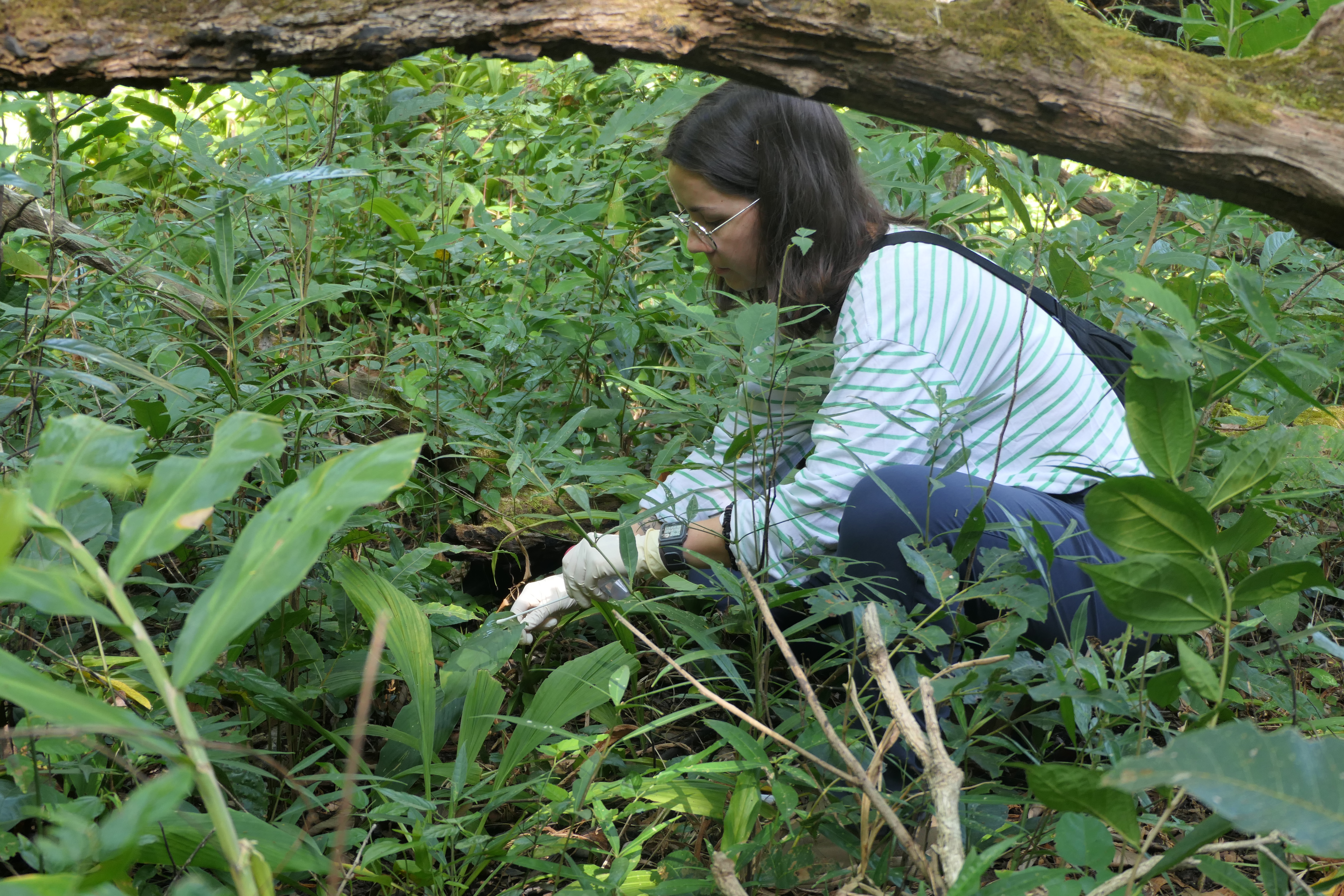
Dr Pauline van Leeuwen and veterinarian student Alix Nicolas went on a mission to conduct comprehensive biodiversity assessments, by collecting environmental samples that will offer a glimpse into the hidden world thriving within the country's habitats. Those will shed light on the intricate relationships between various species and their environment. This field session was held in December 2023 with Institut Pasteur du Cambodge (IPC) in Stung Treng province.
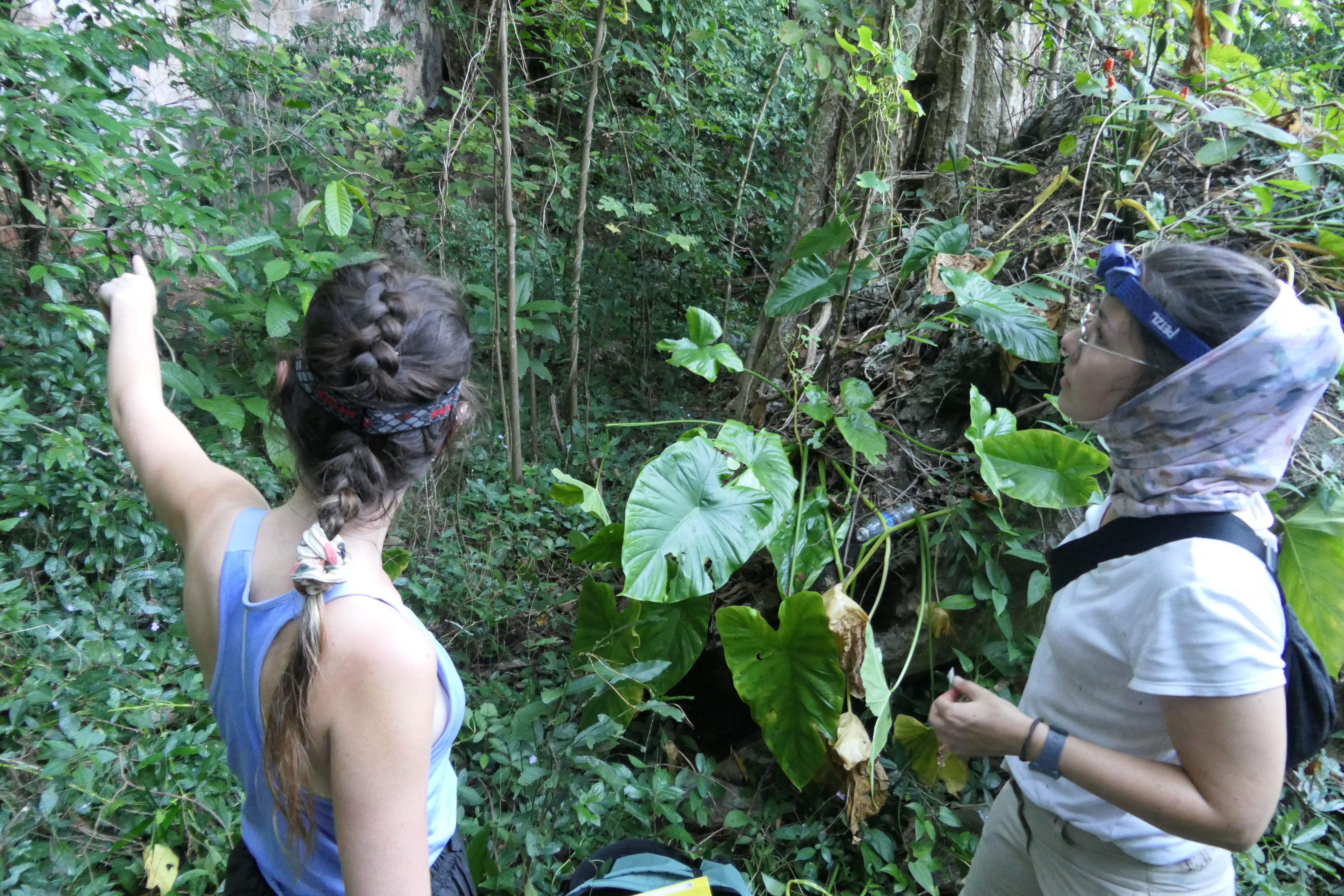
At the forefront of their research methodology is the utilization of environmental DNA. This groundbreaking approach involves extracting genetic material left behind by organisms in their surrounding environment, providing a non-intrusive and highly sensitive means of detecting and identifying species. By analyzing eDNA together with collaborators from Nature Metrics, the research team can unveil a wealth of information about the biodiversity present in Cambodia, including elusive and endangered species that may be difficult to observe directly. Within this framework, the team collected soil and leaf surface samples during a common expedition with Institut Pasteur du Cambodge (IPC). At the same time the IPC team is sampling bats for pathogen surveillance, our ULiège team set up different eDNA ‘traps’ to compare different environmental sample strategy. They also set up a system of non-invasive hair traps, a baited system that will allow rodents and small mammals to go through a tube and leave hair behind that permits genetic analysis. Small mammals are of particular interest in the BCOMING project, and it is important to know which species are in contact with humans, as well as bats within our sampling sites.
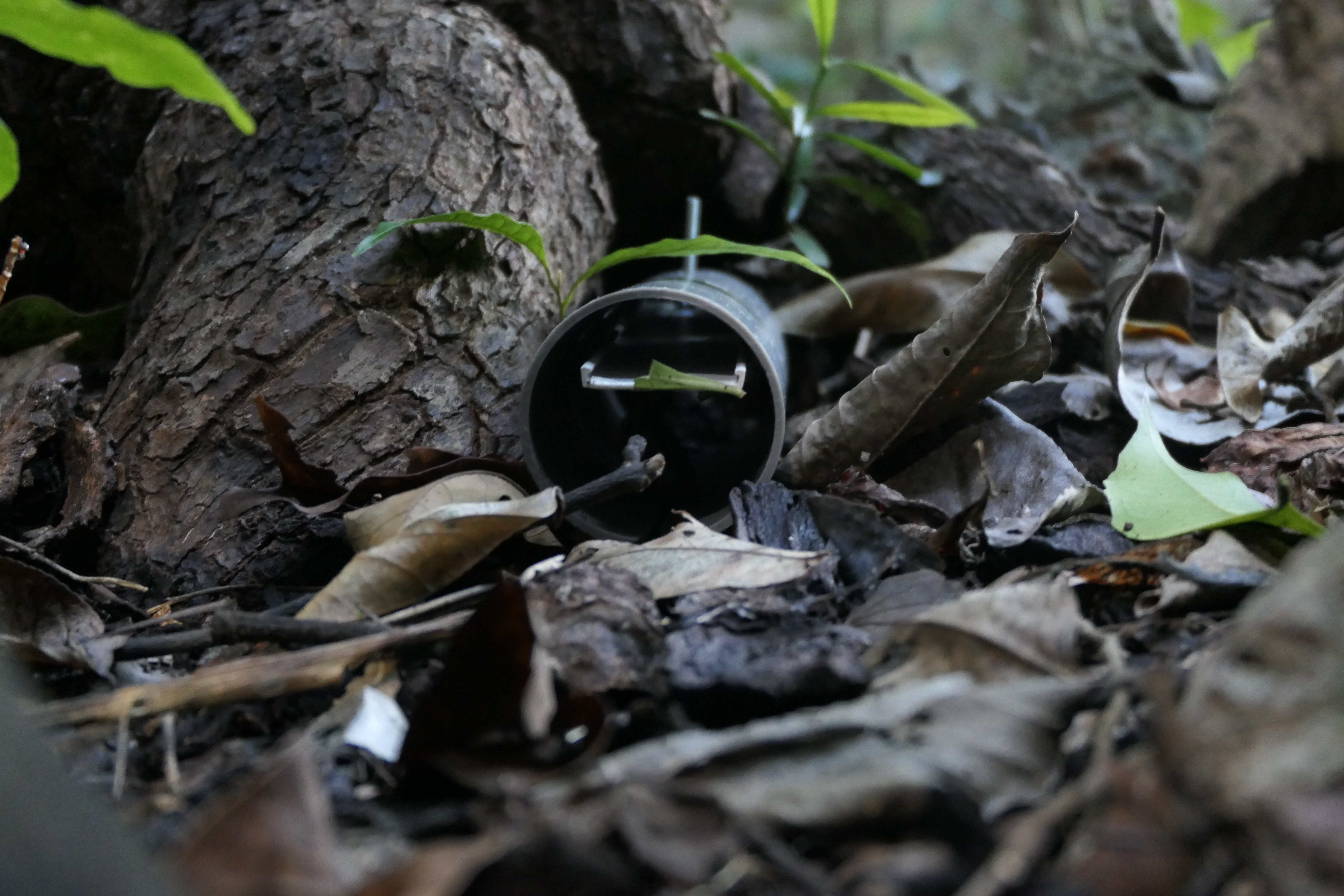
The second key focus of the Université de Liège research team is unraveling the intricacies of Cambodia's wildlife microbiome. Microbes play a crucial role in maintaining the health of ecosystems, influencing everything from nutrient cycling to the overall balance of the environment. Even within hosts, they can limit the expansion of microbial pathogens through ‘colonization resistance’. Through their fieldwork, the team aims to understand how microbial communities interact with the fauna of Cambodia, contributing to the delicate equilibrium of these ecosystems. During the December 2023 field session with IPC in Stung Treng province, we manage to collect many fecal samples from bats that will be used to study these microbial communities.
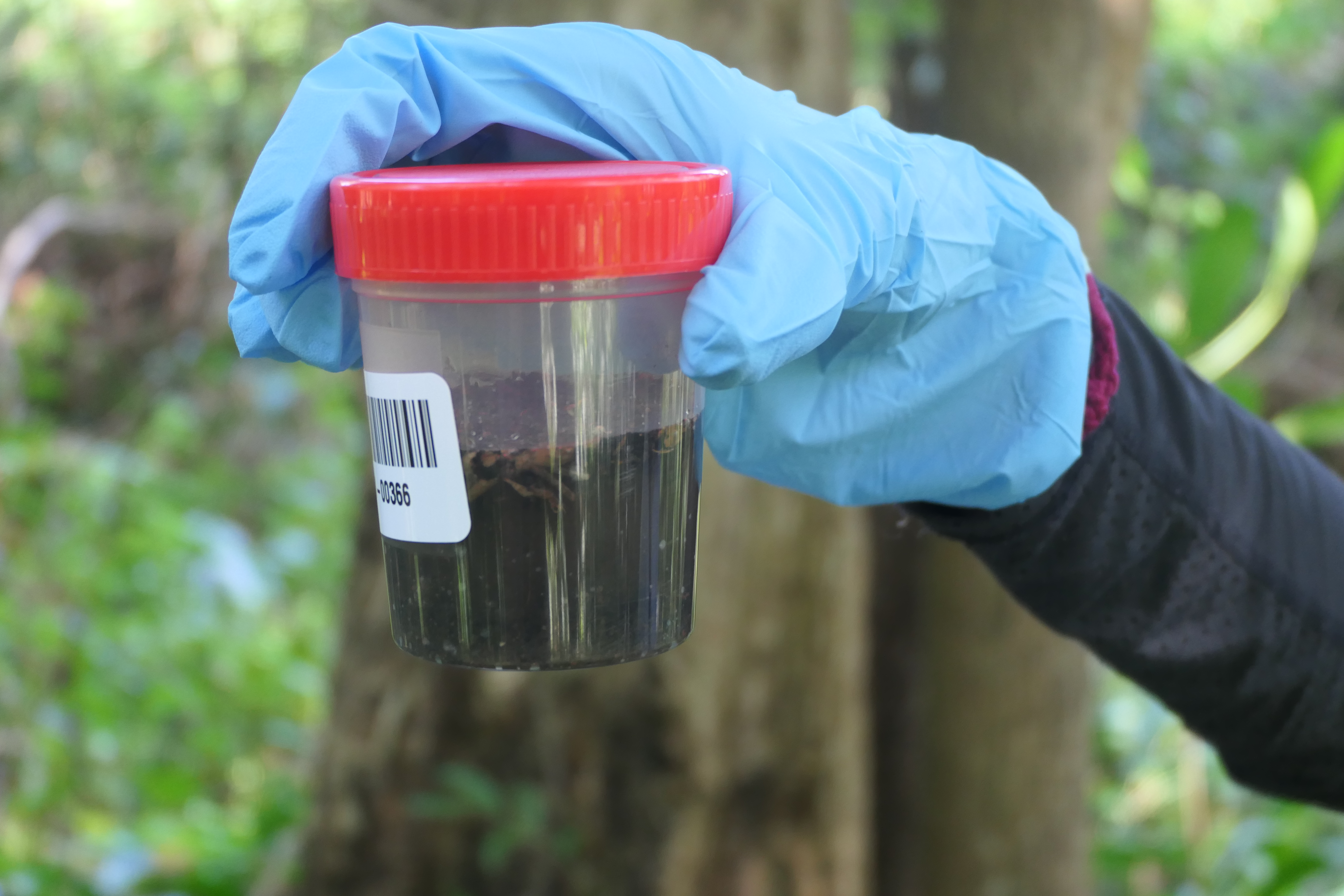
Through the lens of environmental DNA and a commitment to collaboration, ULiège team’s efforts contribute not only to scientific knowledge but also to the ongoing efforts to safeguard the natural wonders of Cambodia for future generations.

